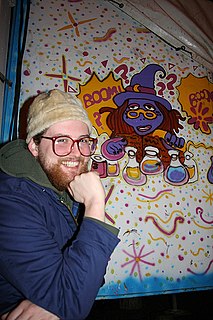A Quote by Rutger Bregman
I've solved my phone addiction by deleting all the apps I was addicted to - email, browser - and getting my wife to add parental controls, to limit access even further.
Related Quotes
Imagine, if you will, you're sitting at my desk in Hawaii. You have access to the entire world, as far as you can see it. Last several days, content of internet communications. Every email that's sent. Every website that's visited by every individual. Every text message that somebody sends on their phone. Every phone call they make.
In the Internet world, both ends essentially pay for access to the Internet system, and so the providers of access get compensated by the users at each end. My big concern is that suddenly access providers want to step in the middle and create a toll road to limit customers' ability to get access to services of their choice even though they have paid for access to the network in the first place.
Email is a mind-killer. Like, I really think getting a smartphone is the worst move I ever did in being a musician because while we've just been talking my phone's vibrated like 15 times and I only get push notifications for like two apps, so either like a bunch of houses are going up for sale right now or someone's like, "Why aren't you emailing me back?" It's just hard to stay in the moment. I can understand why people go to retreats to write and stuff like that but I don't have the time.







































